It's easier to push a camel through the eye of a needle than for a rich man to get into heaven means to me that the more "wealth" also called appropriately- "Trappings of wealth", you have the more you value your stuff and thus cannot part with them easily as they become the very proof to you and others that you ARE wealthy- your net worth, but more importantly they become your prison cell eventually.
The irony is that with money you could easily get rid of things (sell them use the money to buy new things) and buy new ones but often put too much sentimental value on them for the reasons stated in this article- so they truly become "trappings". Many wealthy people are unhappy- ironically- but realistically those that can part with material possessions and realize that the real "gold" is in the awareness not the objects- that you never truly have to give up the sentiments (memories) even when you part with the objects- that you're free.
Think about it this way too- if your house burned down tonight- would you be devastated beyond just the loss of property and inconvenience?
Would you not be able to rebuild everything (providing all living people/creatures got out) eventually and return to the same status? Of course.
If I lost everything but my body, brain, and health (which is essential to maintaining your "hard drive" (brain) of the actual data you can't replace by the way)... I'd be inconvenienced, but the relationships I've forged will get me through it and if I helped enough people actively everyday people would be there to help me get through it, the stuff would be gone but my brain contains all the data still and I can re-associate it and build new triggers, and although it will not be easy or convenient I'd be ok and return to normal with new stuff.
True freedom is not financial wealth, its mental wealth- awareness, and the ability to let go of "earthly" possessions and put more faith and stock in my health to maintain my ability to manifest my emotional "base" again with new stuff.
I think of stuff a lot like emotional hard drives really- you store (by associating but really the object has no value other than your ability to easily shortcut to that info in your brain) emotions in them but your only making a copy from your brains memory card to a backup drive/object- in the end the object is just a convenience for emotion storage and whatever you use it for if it's a functional device.



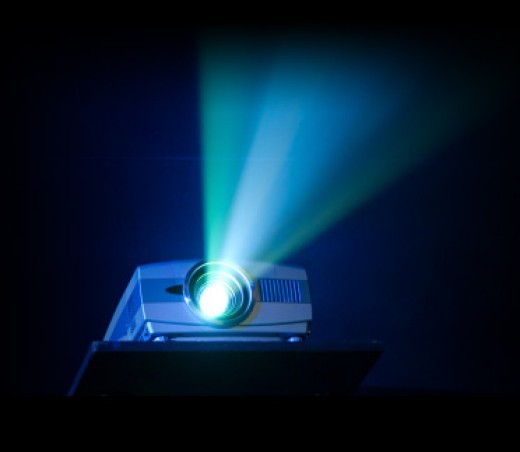
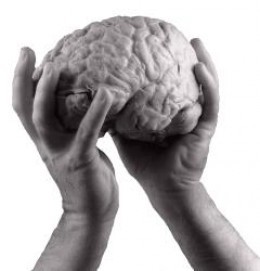 is merely going to take away your crutch to that moment/memory- but that losing it won't affect the memory stored in your head and the associated feelings, emotions, etc... it provokes.
is merely going to take away your crutch to that moment/memory- but that losing it won't affect the memory stored in your head and the associated feelings, emotions, etc... it provokes.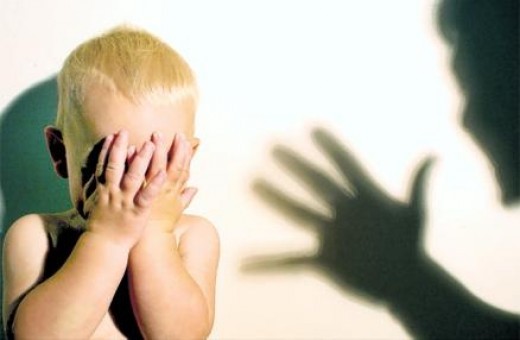
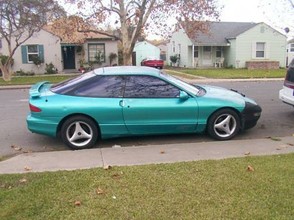
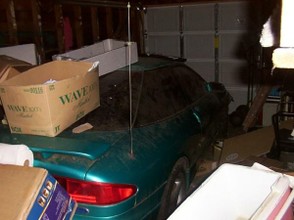
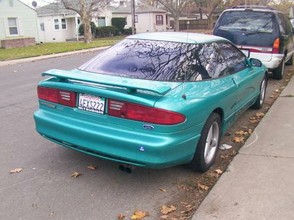
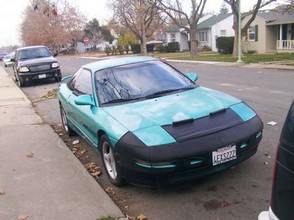
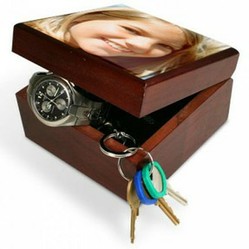

 Making Money Online is Not Impossible, It Just Takes Putting Yourself Out Thereon 09/25/2012
Making Money Online is Not Impossible, It Just Takes Putting Yourself Out Thereon 09/25/2012
 Thump. Looking For True Loveon 09/28/2012
Thump. Looking For True Loveon 09/28/2012
 Cure Tooth Decay Ramiel Nagel And Dr. Weston Price's Nutrition and Physical Regeneration Bookson 03/17/2013
Cure Tooth Decay Ramiel Nagel And Dr. Weston Price's Nutrition and Physical Regeneration Bookson 03/17/2013
 Cleaning Wool Rugs - Excellent Results At Homeon 03/10/2013
Cleaning Wool Rugs - Excellent Results At Homeon 03/10/2013


Comments